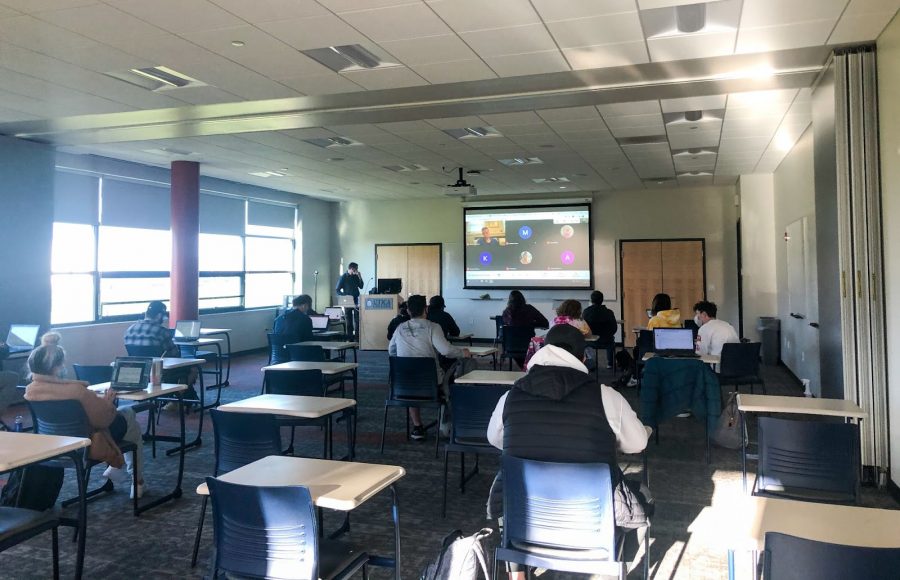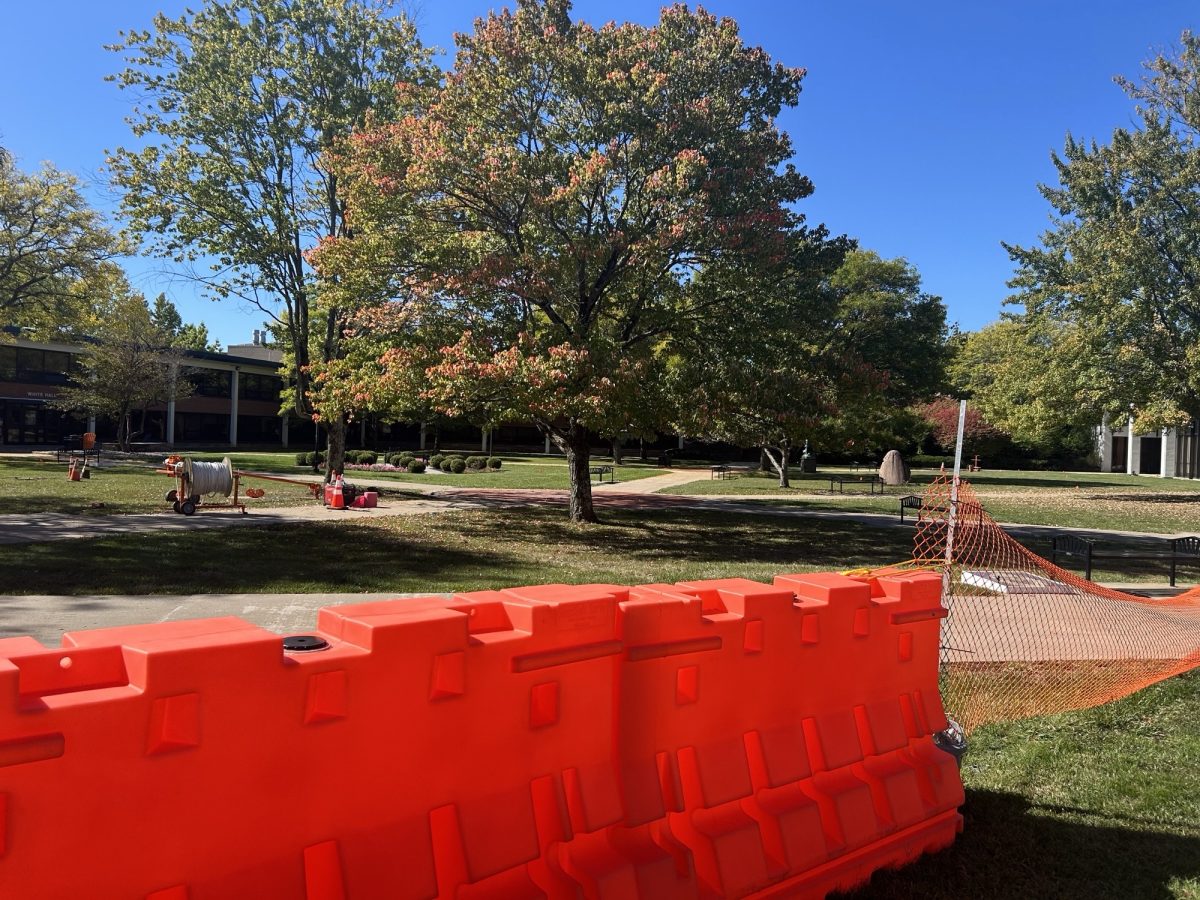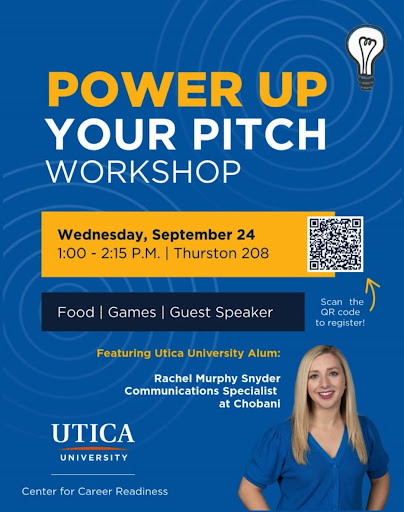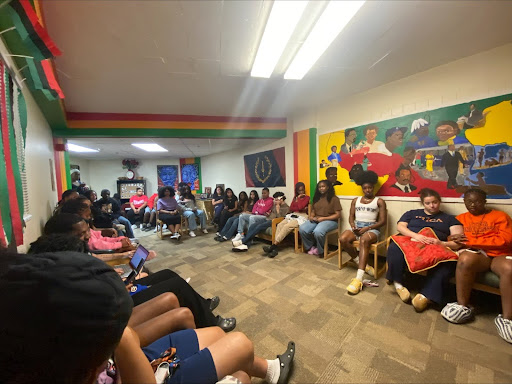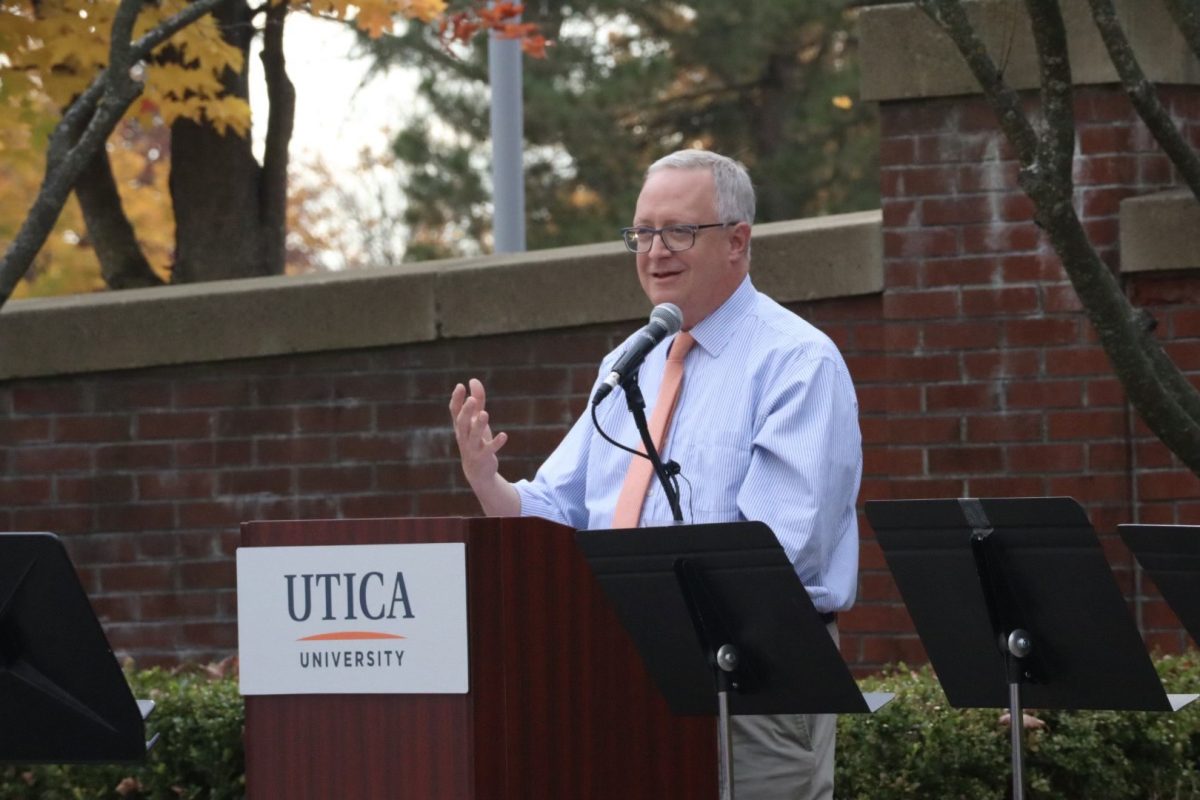At the end of March, Utica College President Laura Casamento released a statement that said planning was underway for the College to return to full in-person academic and administrative operations for the fall semester.
Sentiment around campus is that this is a welcome announcement for faculty and students alike.
Shad Crowe, the vice president for emergency management, confirmed that there has been much talk within the cabinet about the logistics. As of now, the intention is to go fully in person.
“Obviously, anything can happen and it can change on a dime – if the virus has a resurgence or if the vaccines begin to fail, that will change the approach,” Crowe said. “But as of right now we’re hoping to return to full in-person classroom experience as we’ve seen in the past. However, we’re ready to pivot if we need to.”
Recent Posts
- ‘Just come try it’: Women’s Wrestling Team looking for new members
- Slashed SGA budget sparks student frustration at recent meeting
- Editorial: Your campus, your voice – How to reach us when you want to speak out and how we make editorial decisions
- Op-Ed: Why Black student perspectives matter in campus reporting
- Conservative activist Charlie Kirk’s death shocks Utica University students
Crowe said within classrooms, CDC guidelines will be followed by students and teachers. There is a high possibility that the six-foot distancing suggestion will be reduced to three feet. Additionally, UC has a unique feature to help combat the virus – Ultraviolet-C lights.
“If you look at classrooms, we have installed some mitigating equipment like UV-C lights,” Crowe said. “They’re really unique to this campus and we’ve had no cases trace back to the classroom. I think that’s a direct indicator that, in conjunction with our improved air filtration, they are really doing a good job in preventing viral transmission in our classrooms.”
The normalcy of the fall semester will also largely depend on the vaccination status of Utica College’s students. While Utica College has not yet made a decision on whether they will be making the vaccine compulsory, it is still being strongly recommended by the administration.
“The vaccine certainly has some tremendous advantages,” Crowe said. “There is a lot of great scientific information out there showing that the vaccine is effective and that it’s preventing transmission very effectively.”
An additional benefit of getting the vaccine is that it eliminates the need for people to quarantine. The CDC no longer requires vaccinated individuals to quarantine, and instead recommends they track their symptoms.
Mehmet Sencicek, a professor of economics, said the only emotion he is feeling toward the possibility of a fully in-person semester is excitement.
“I think the probability of being on-ground is becoming more and more likely based on the current trends and based on the effort that our college and the emergency management team has put in,” Sencicek said. “They made the circumstances much more favorable for us last two semesters and I have full confidence that they will do that to the best possible thing for the fall.”
Sencicek said that it has been a challenge teaching in an online and hybrid environment, particularly as many students who are enrolled as on-ground students still choose to attend online. While this is better than students missing class entirely, it means that professors’ attention is divided between trying to ensure virtual students are getting everything they need and the students that are physically in the classroom.
“It is also a challenge for students to be online, as it makes it harder for them to pay attention to be fully focused in class when they’re not in the classroom,” Sencicek said. “The overall system is not easy to do, but necessary under the circumstances.”
Professors and emergency management are both still unsure whether or not Zoom lectures will be an option for students next semester.
Sencicek is looking forward to being able to do more in-class exercises and having students work together on their work. He feels that students working together, rather than by themselves, comparing results or discussing how to go about solving problems all contribute a lot to the student learning experience.
“Right now it’s just me and the student and their computer,” Sencicek said. “Restrictions make it harder to speak with students, and compared to pre-COVID times I do feel that I haven’t been able to get to know students, and I’m sure vice versa. The physical distance does lead to some emotional distance.”
Sencicek said he has no apprehensions, largely due to vaccinations and Utica College’s phenomenal job at keeping everyone safe thus far.
“UC has been great with their vaccinations and the on-campus clinics,” Sencicek said. “I hope that students will get their vaccinations so we can have as normal a fall semester as possible.”
Junior Emily Hill is excited at the prospect of a fully in-person semester, too.
“I’ve really missed being on campus and being able to see and interact with people I haven’t been able to in the last few semesters,” Hill said. “Group projects and class discussions have been particularly difficult. People feel uncomfortable unmuting and talking to each other when we’re online, so I’m looking forward to being able to do everything in person again.”
Hill said she feels that certain parts of her education have suffered in the online format, largely because students seem to avoid participating when on Zoom.
“The length for which we’ve been in an online and hybrid format has hindered our education to some extent, and is going to hinder our job opportunities if we carry on for much longer,” Hill said. “People know that you don’t learn as much when you’re online and being on ground is far more effective, and we need that in-person, practical experience particularly in healthcare fields.”
Sencicek said that in spite of the challenges of being virtual, students have done well.
“Students have been amazing in terms of their resilience as well, being able to work under these conditions and still having achieved what they have,” Sencicek said.




































































































































